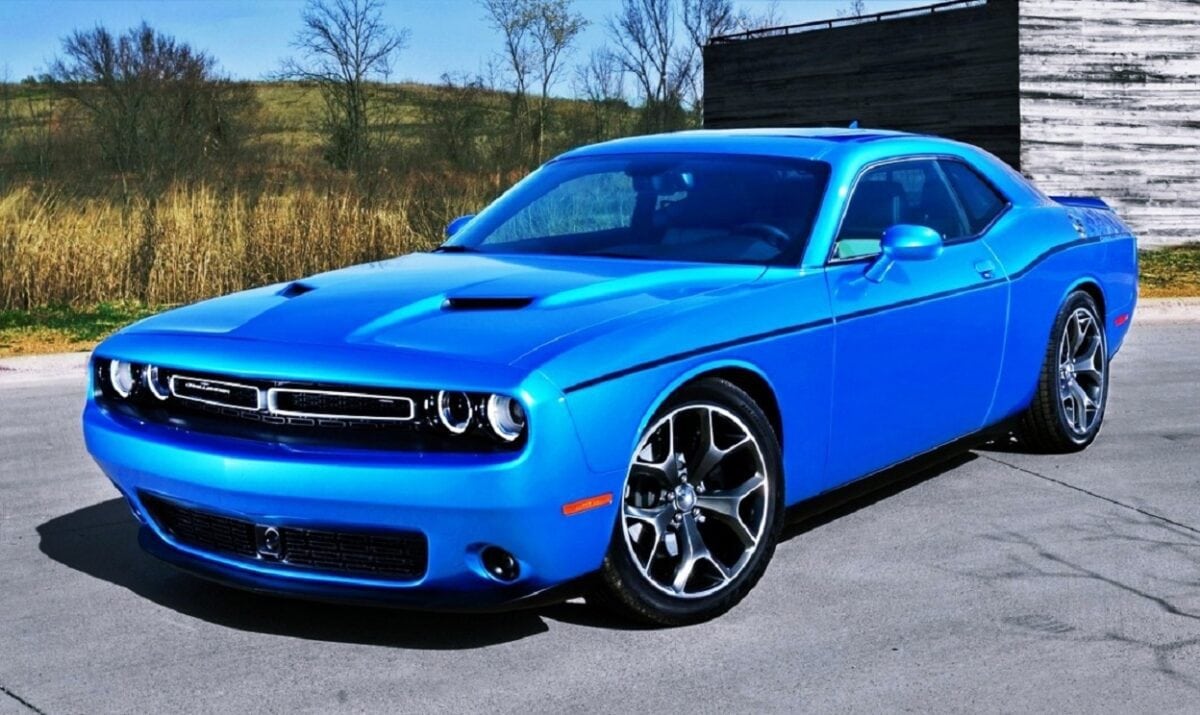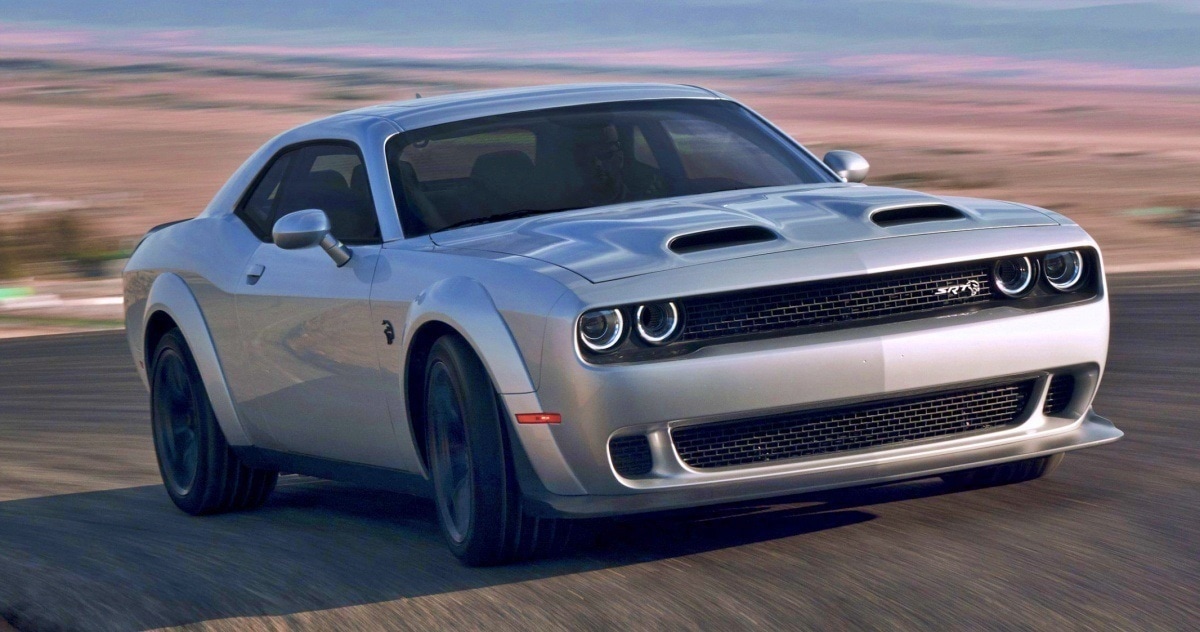Back when Detroit was truly the Motor City and American cars were about all you’d see on the road, the muscle cars arrived. These two-door sports coupes featured powerful, gas-powered engines designed for high-performance driving. Whereas the more affluent may have been drawn to exotic European sports cars such as MGs and Porsches, in the late 1960s, the muscle car was for blue-collar workers who took pride in their ride.
That was then. For car enthusiasts, however, the era of the muscle car has all but come to an end.
This week, Dodge announced that it will stop making its Charger and Challenger models after next year – at least as true muscle cars. They won’t roll slowly or silently into the sunset, however, as Dodge plans to commemorate the end of the era with seven special-edition models – each with a “Last Call” plaque under the hood. This could be the final roar to remind the neighbors that muscle cars aren’t dead and buried quite yet. The models are also going out on top, as the Challenger was the number one muscle car sold in the United States last year.
“We are celebrating the end of an era — and the start of a bright new electrified future — by staying true to our brand,” said Tim Kuniskis, Dodge brand chief executive officer – Stellantis. “At Dodge, we never lift, and the brand will mark the last of our iconic Charger and Challenger nameplates in their current form in the same way that got us here, with a passion both for our products and our enthusiasts that drives us to create as much uniqueness in the muscle car community and marketplace as possible.”

Image: Creative Commons.
Electric Muscle?
It is almost a certainty that after 2023, new versions of Charger and Challenger will be seen on the road. But they won’t have the same big block engines under the hood. The Canadian factory that produces them is going electric – and not in the Bob Dylan sort of way. Instead of amping up the volume, the move to electric vehicles is meant to be better for the environment.
Dodge isn’t alone in making the transition, as every American automaker has been under pressure from Washington to cut emissions. General Motors has announced that it will produce an all-electric Chevrolet Corvette, while Tesla has made clear that its Model S Plaid is the fastest EV produced, able to go from zero to 60 mph in just two seconds.
Moreover, Audi, Mercedes, Porsche, and other European automakers have also taken the lead and introduced high-performance electric vehicles. These could still address that “need for speed,” but purists may argue it isn’t the same.
Well, they might be wrong.
EV Advantages
For speed demons – or really anyone who believes they simply can’t drive 55 – the shift to EVs could be seen as good news. Most electric performance cars are potentially faster off the starting line, while handling is improved as the batteries create a low center of gravity.

Image of 2022 Dodge Challenge. Image Credit: Dodge.
In addition, given the price of gasoline, which will probably never return to 2020 levels, more Americans will probably explore switching to an electric vehicle. In fact, more than half of global car buyers have already expressed interest in going electric.
While no doubt gear heads will bemoan the introduction of EVs, no doubt their neighbors (and their ears) will thank producers for changing over. Most of the electric vehicles will run quieter than the old-school muscle cars. But for those who absolutely can’t live without at least a little roar of the engine, Dodge has already unveiled a retro-EV Challenger that features a multispeed transmission and an “exhaust” system that is pushed through an amplifier. It essentially replicates the sound of the old Detroit muscle cars, but without the emissions.
Perhaps the neighbors will still hate those gear heads.
A Senior Editor for 1945, Peter Suciu is a Michigan-based writer who has contributed to more than four dozen magazines, newspapers, and websites with over 3,000 published pieces over a twenty-year career in journalism. He regularly writes about military hardware, firearms history, cybersecurity, and international affairs. Peter is also a Contributing Writer for Forbes. You can follow him on Twitter: @PeterSuciu.

